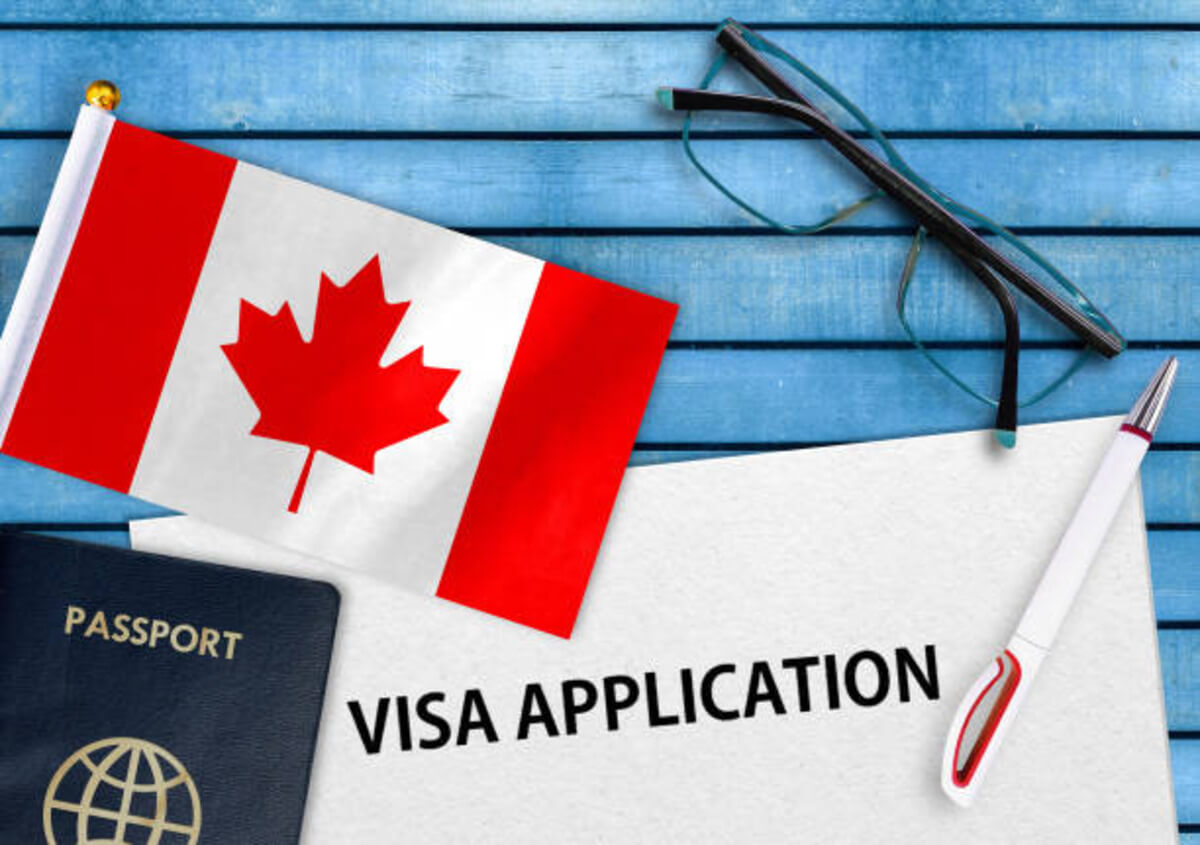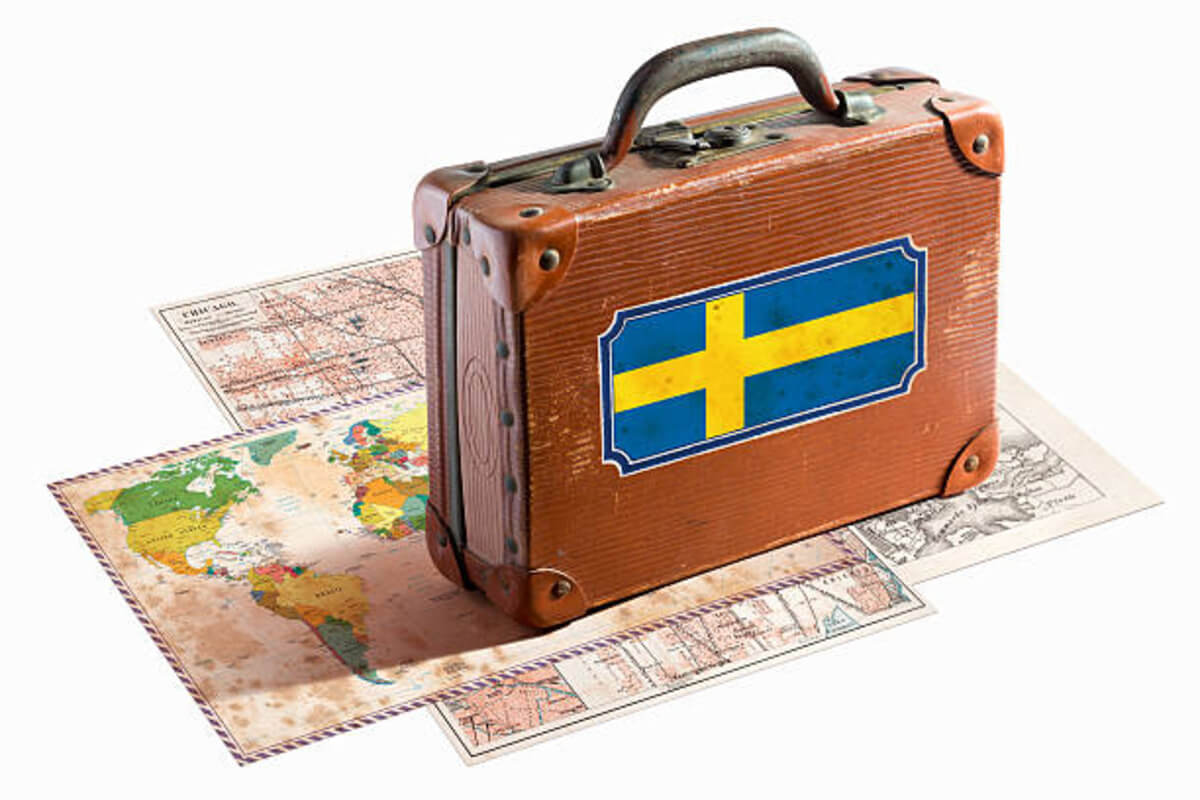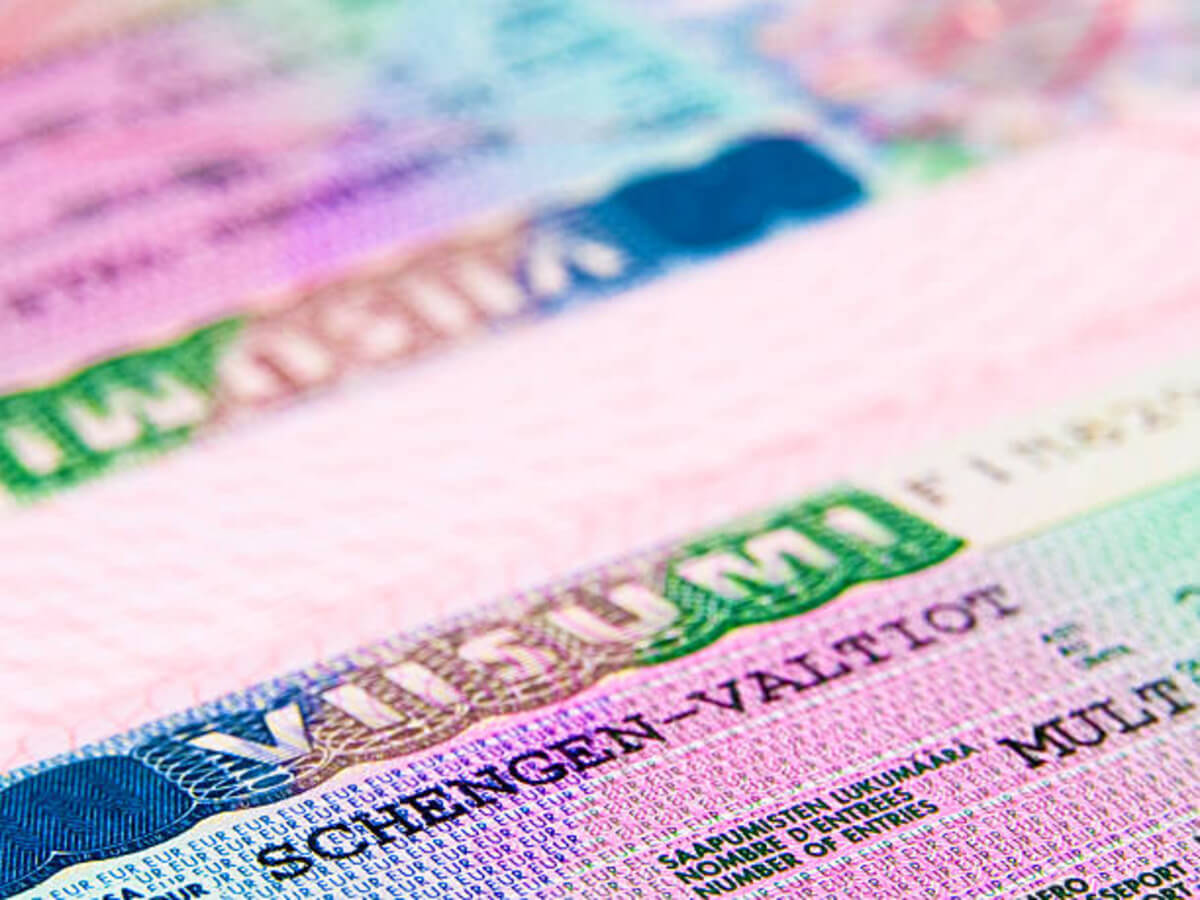Caregiving opportunities are abundant in Australia, thanks to its aging population and a strong demand for aged care, disability support, and home care professionals. Here’s a guide to applying for a caregiver job if you’re considering a move to Australia or are already here.
Caregiver Roles in Australia
Those in need of assistance with daily activities, the elderly, and those with disabilities rely heavily on caregivers in Australia. Personal care, medication administration, meal preparation, and companionship may be part of the responsibilities. The specific location of your job may be a private home, an aged care facility, or a hospital.
Caregiver Jobs in Australia: Eligibility requirements
Caregiver jobs in Australia require that you meet certain requirements:
- It is more likely that you’ll be hired if you have a Certificate III in Individual Support (Aging, Disability) or a similar qualification.
- It is highly valued if you have prior experience in caregiving or related fields. A reference from a previous employer can help you gain a competitive edge.
- English proficiency is essential. The IELTS or TOEFL tests may be required by some employers.
- Caretakers work with vulnerable individuals, so they must have a clear criminal record. Police clearance certificates may be required.
- In the event that the job involves physical labor, a medical examination may be required to ensure that you are fit for the role.
Moving to Australia as a caregiver? Here are your visa options
A visa is a vital part of the application process if you are an international applicant.
- Temporary Skill Shortage (TSS) Visa (Subclass 482): If an employer sponsors you, this visa is valid for up to four years in Australia. It is a viable option to work in caregiving since it is usually listed on the Skilled Occupations List.
- Working Holiday Visa (Subclass 417): This visa is designed for young adults between ages 18-30, or 35 in some cases, from eligible countries. You can stay in Australia for up to a year, with an extension option. A short-term caregiving role is a great option for you if you’re looking for a temporary position.
- Visas for skilled workers who are not sponsored by their employers (Subclass 189): VISAS for skilled workers who are not sponsored by their employers (Subclass 189): A person’s eligibility is determined by his or her qualifications, experience, and English proficiency.
- A skilled worker may live and work in Australia indefinitely under the Employer Nomination Scheme (Subclass 186) if their employer nominates them.
How to Find Caregiver Jobs in Australia
Many platforms can be used to search for caregiver jobs in Australia.
- Several online job portals exist for finding caregiver jobs, such as Seek, Indeed, and Jora. Job descriptions can be filtered by location, salary, and type.
- Recruitment agencies: These companies specialize in matching caregivers with suitable positions. The healthcare industry is well known for agencies like Healthcare Australia and First Choice Care.
- Joining caregiver networks, both online and offline, can help you connect with potential employers. Linkedin is a great platform for networking with other professionals.
- Hospitals and aged care facilities: Reaching out directly to hospitals, aged care facilities, and disability services is beneficial. Candidate initiative is preferred by employers.
Applying for caregiver jobs with a strong resume
For caregiver jobs in Australia, you must stand out in your application. You can find a few tips here.
- Highlight relevant experience and qualifications on your resume. A certificate of CPR training is a good idea, as are soft skills like empathy and communication.
- Cover Letter: Your cover letter should convey your passion for caring and how your experience qualifies you for the position. International applicants should mention why they are interested in working in Australia.
- Providing references with a solid reputation and experience will help you stand out. You should speak positively about yourself to your references before making any commitments.
Navigating the Australian Work Culture as a Caregiver
The best way to make the most of your experience in Australia is to understand and adapt to its work culture.
- Balance between work and life is important to Australians. Make sure you maintain professional boundaries and get enough rest and personal time as a caregiver.
- Communication: We value open, direct communication. You shouldn’t be shy about asking questions or clarifying tasks with your employer.
- The Australian society is multicultural. Work with clients from diverse backgrounds respectfully and mindfully.
Lastly, lets conclude
From securing the relevant visa to finding the right job opportunities, applying for caregiver jobs in Australia requires careful preparation. The following guide will help you establish a rewarding career as a caregiver in Australia.





